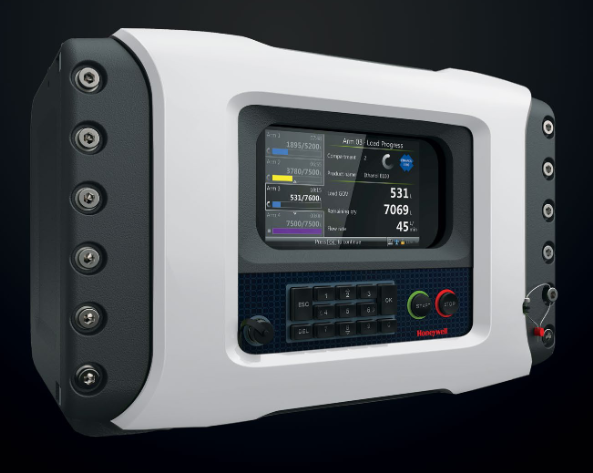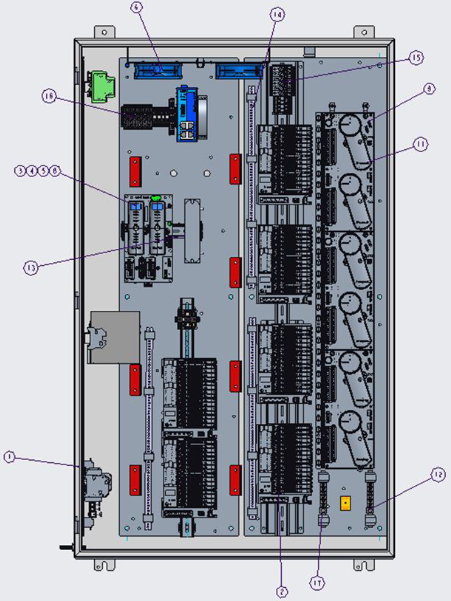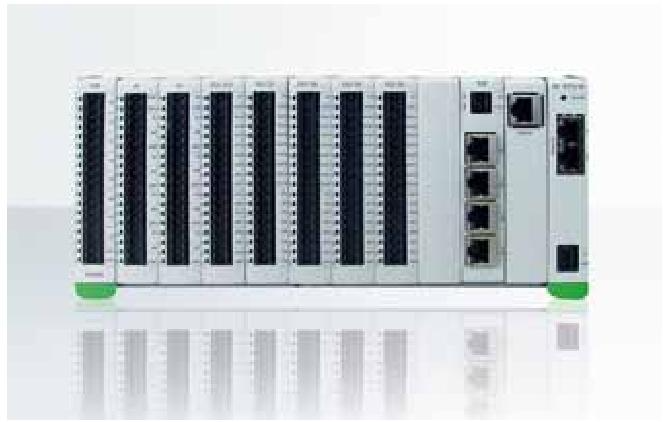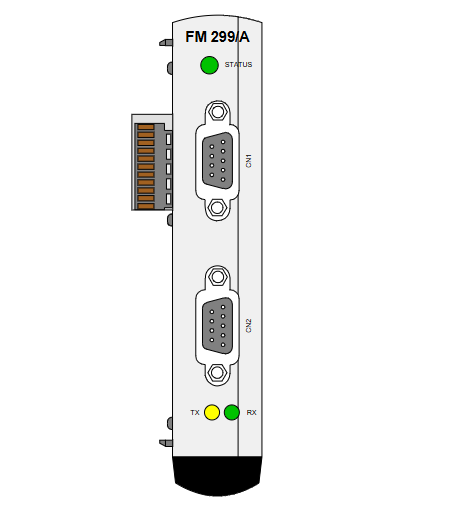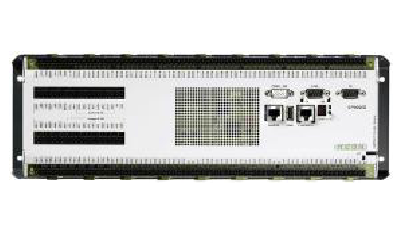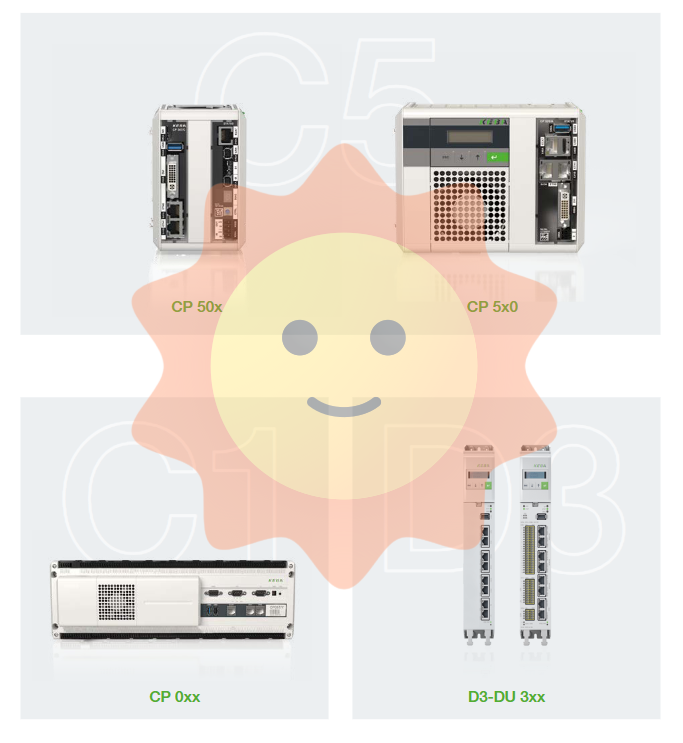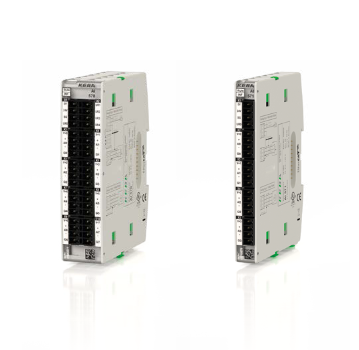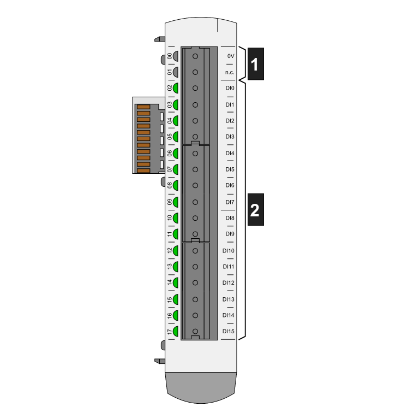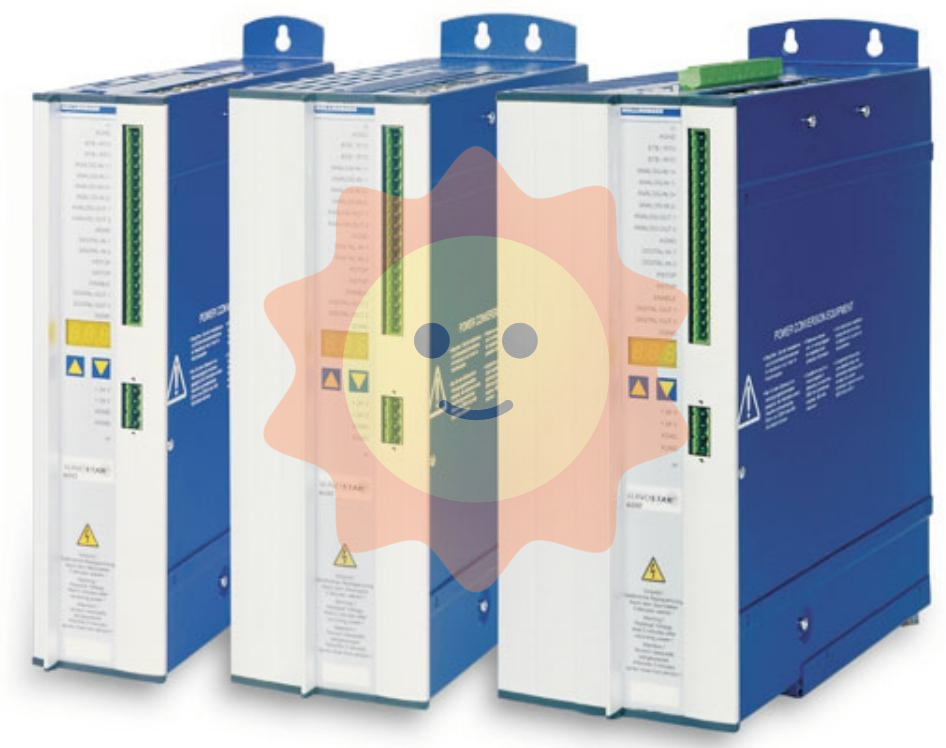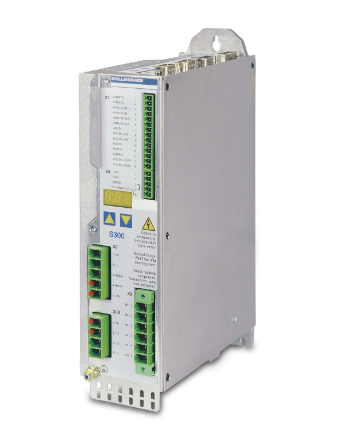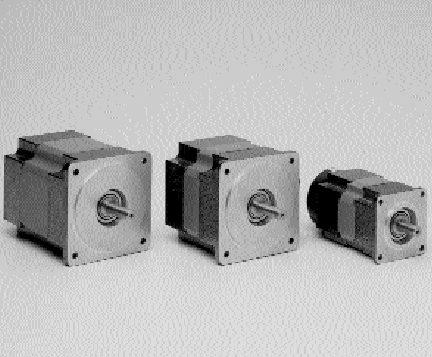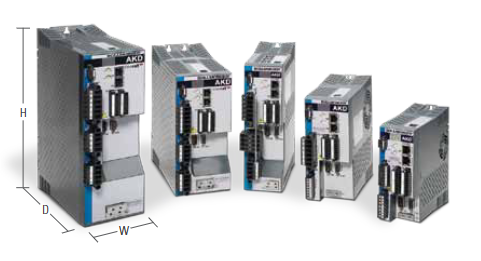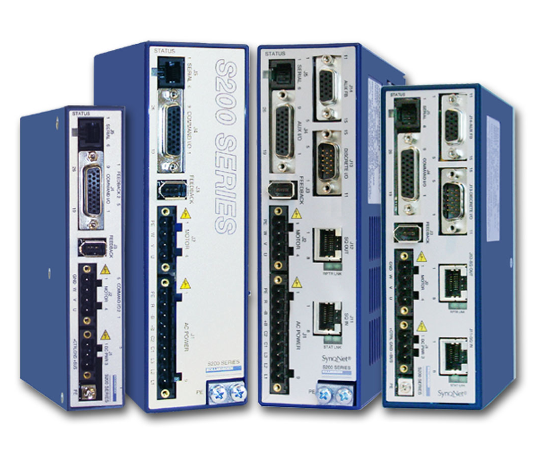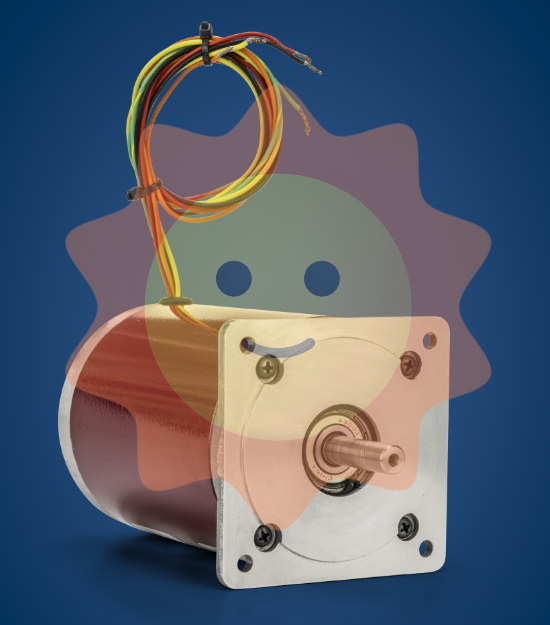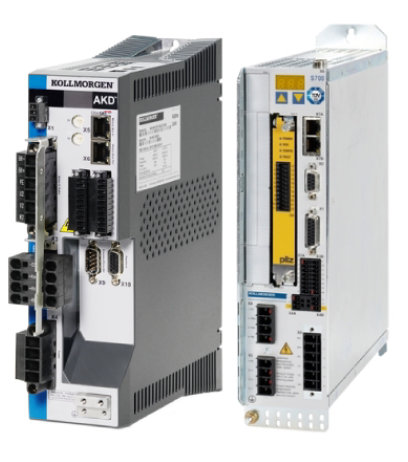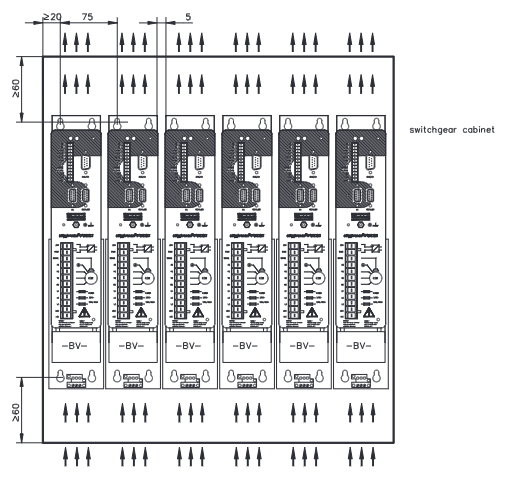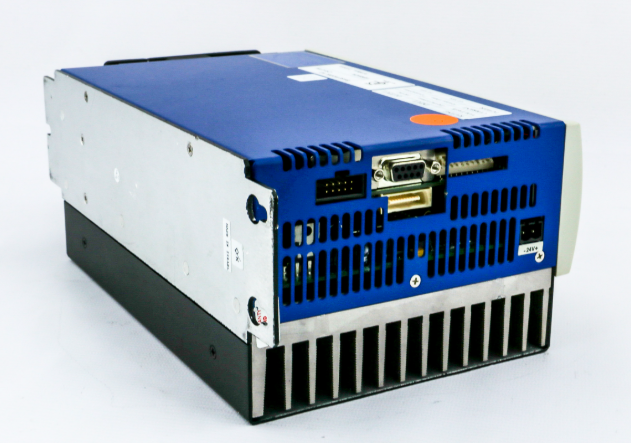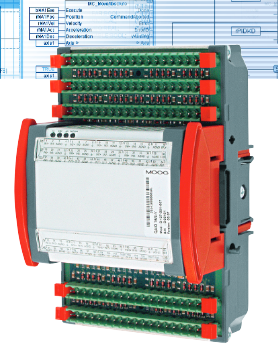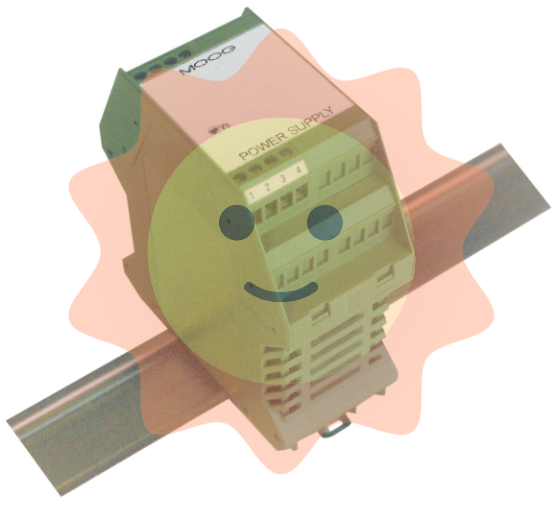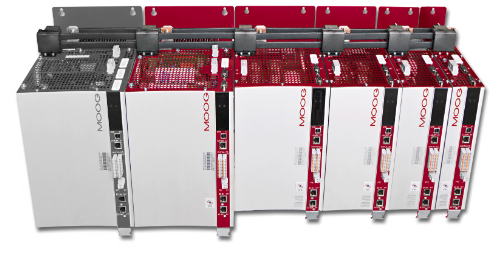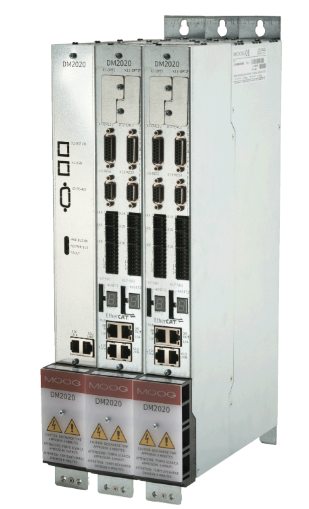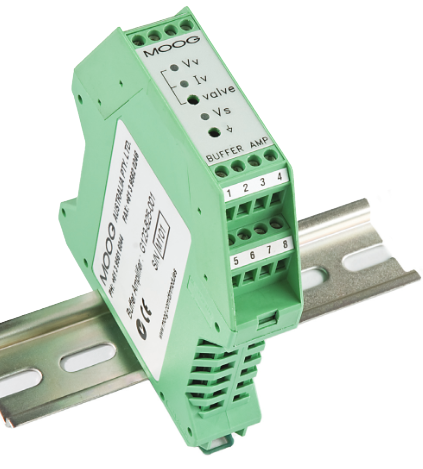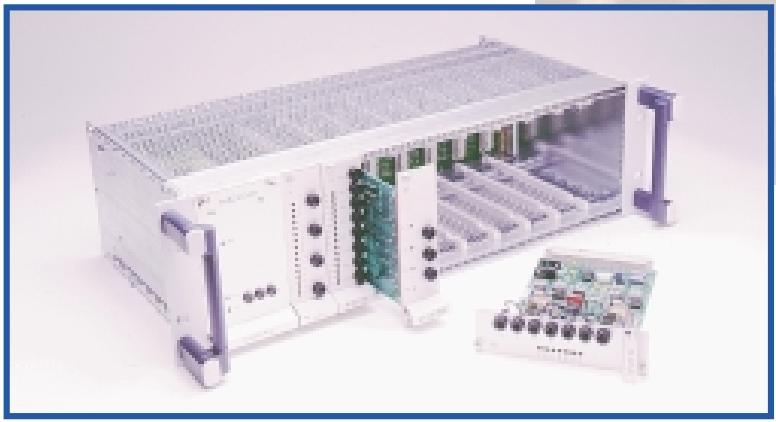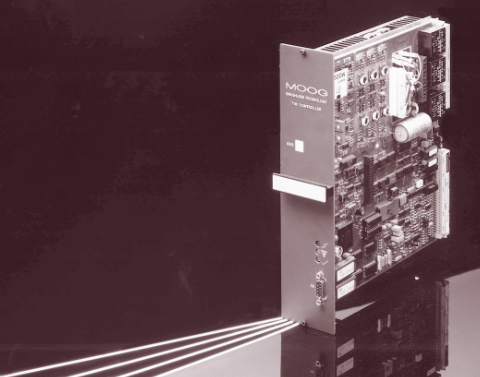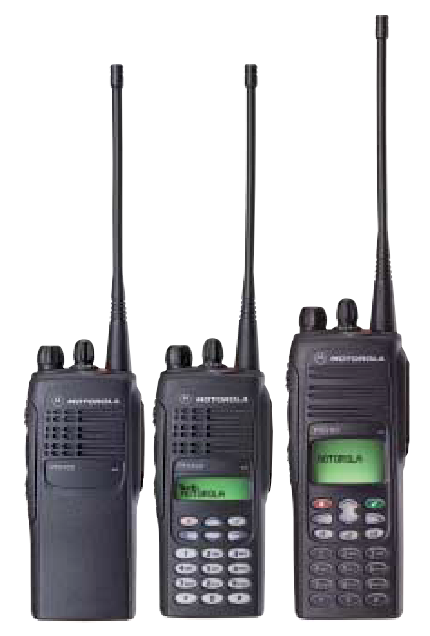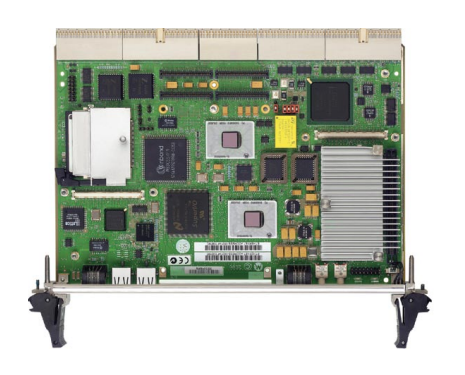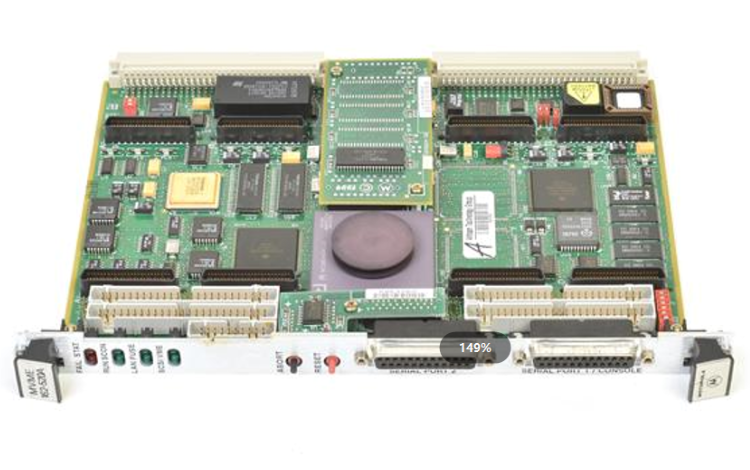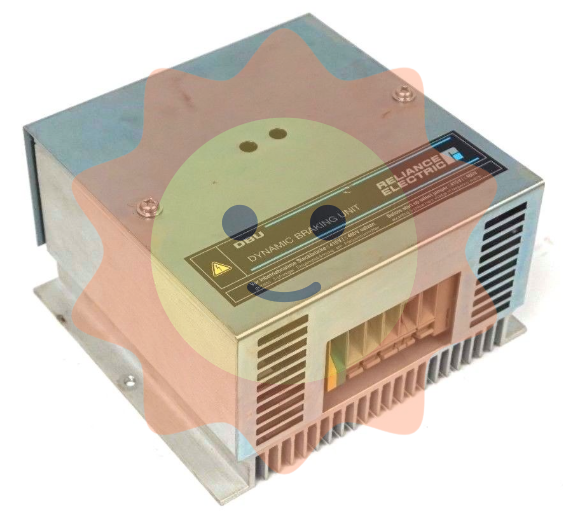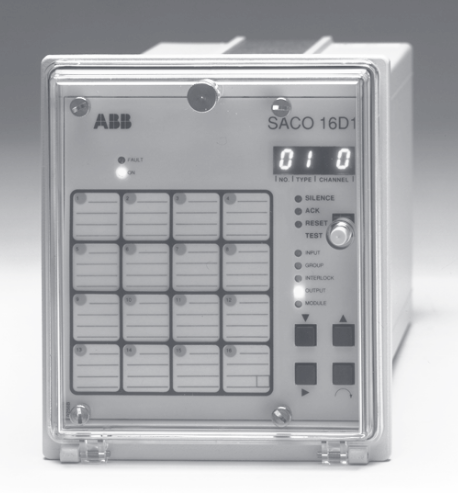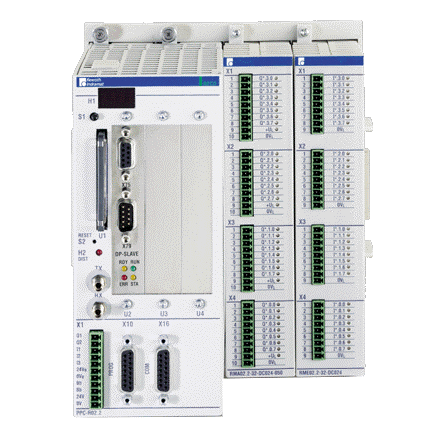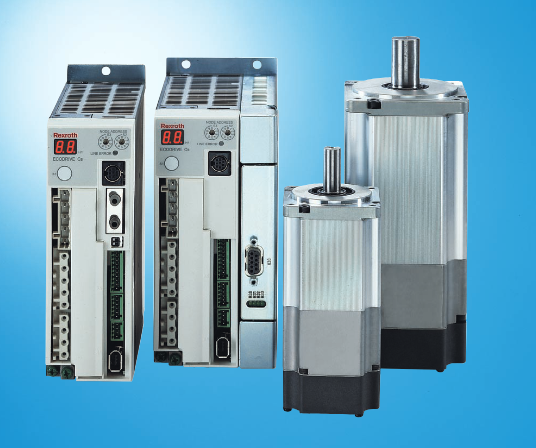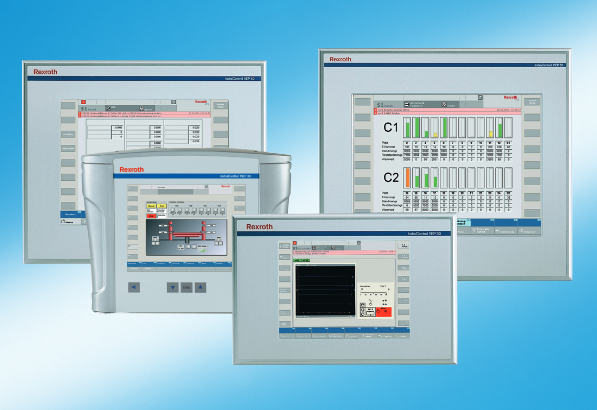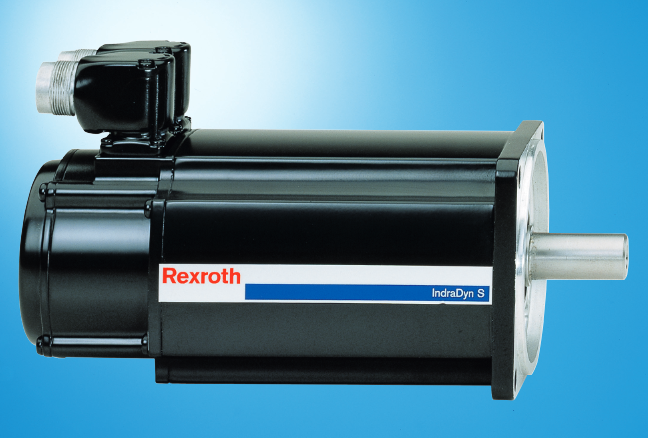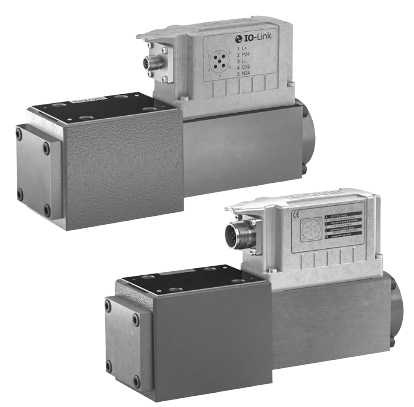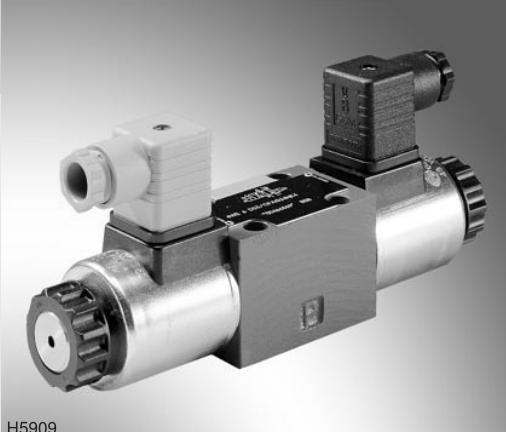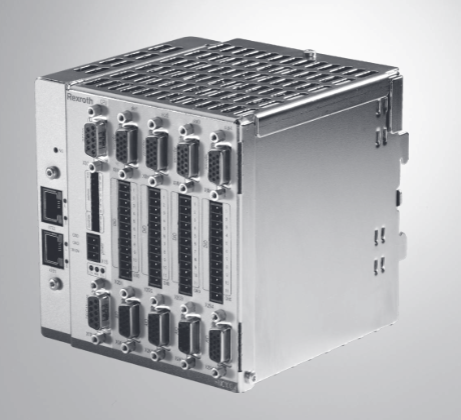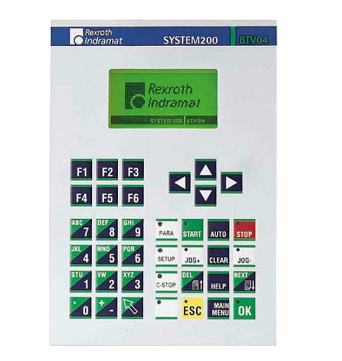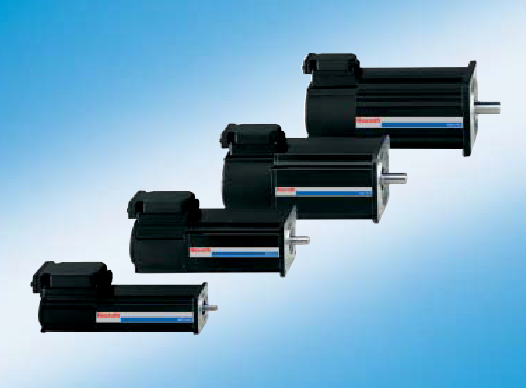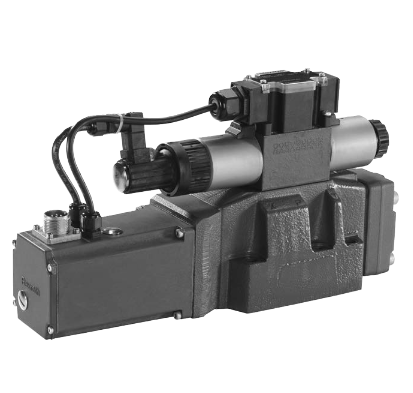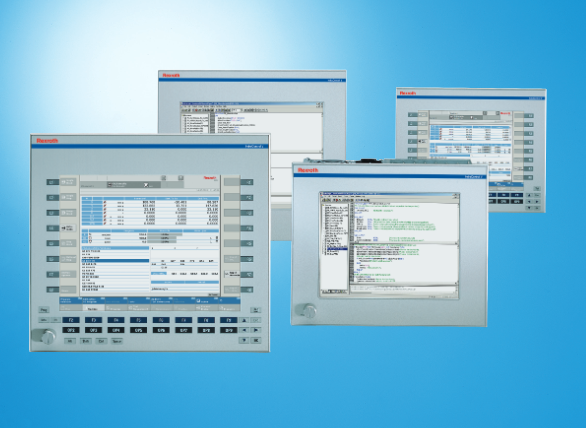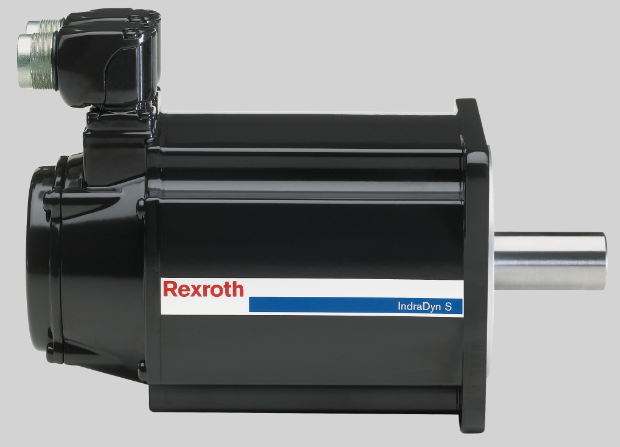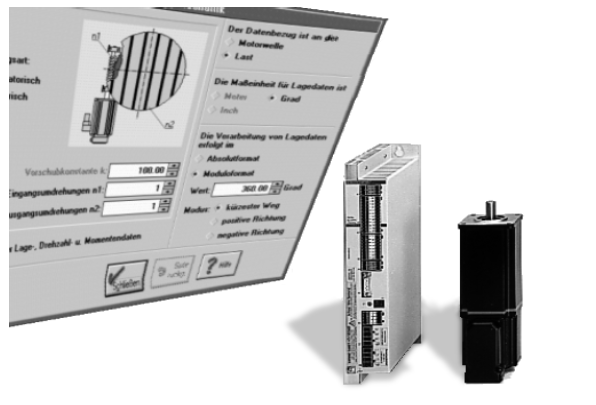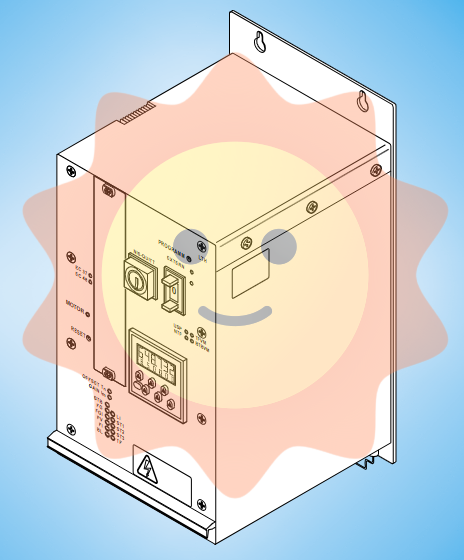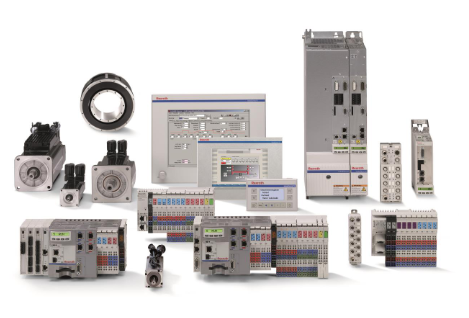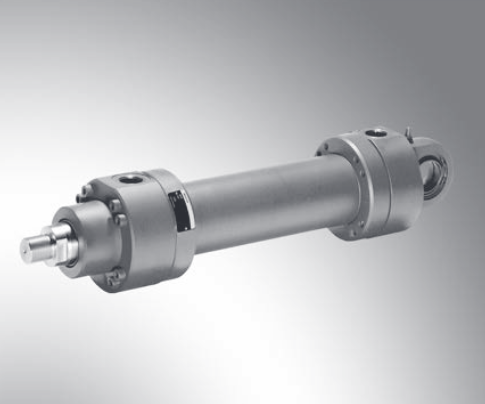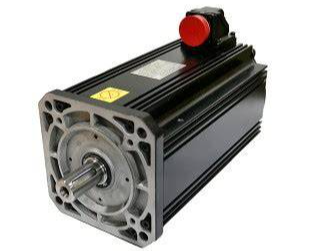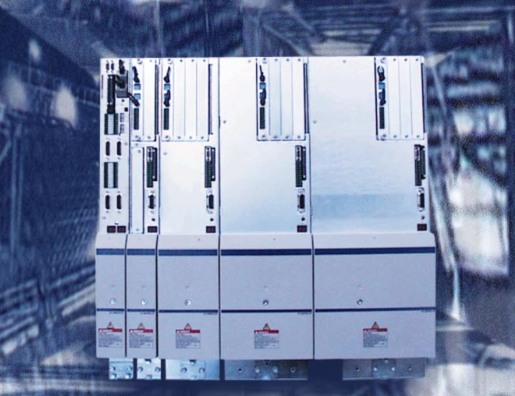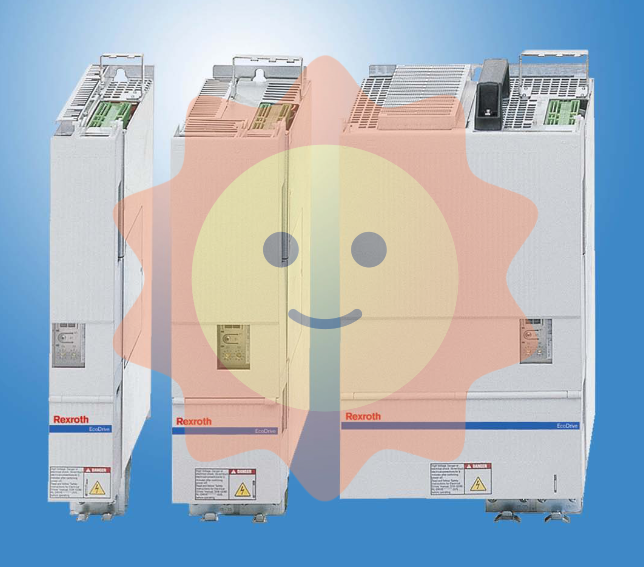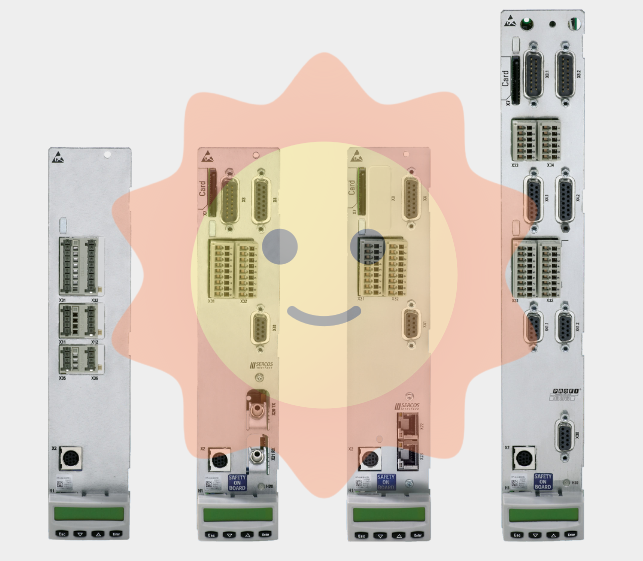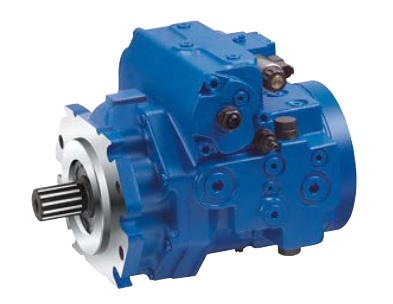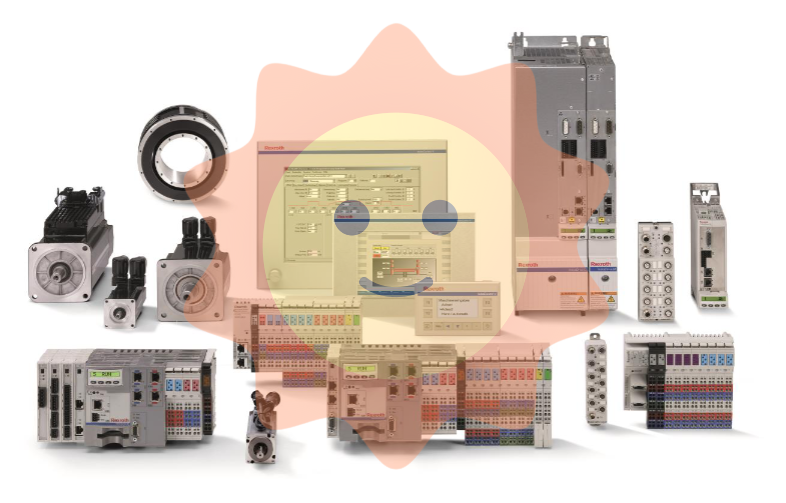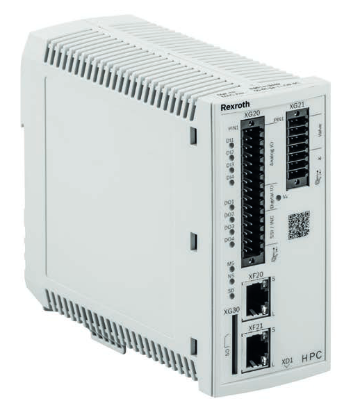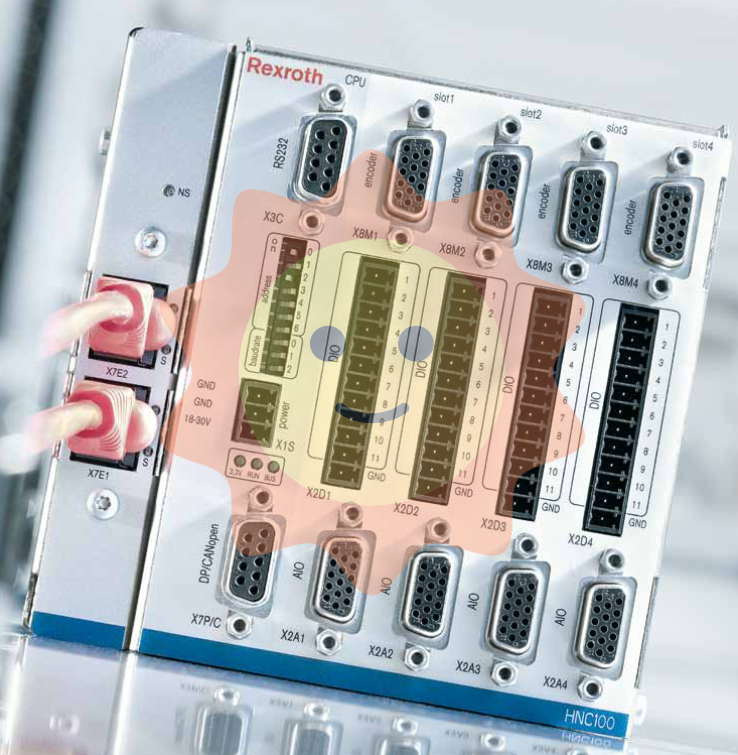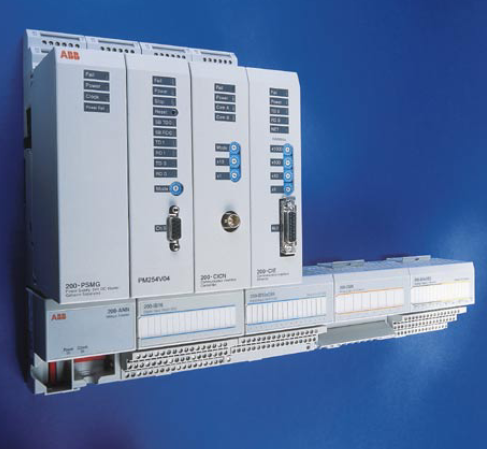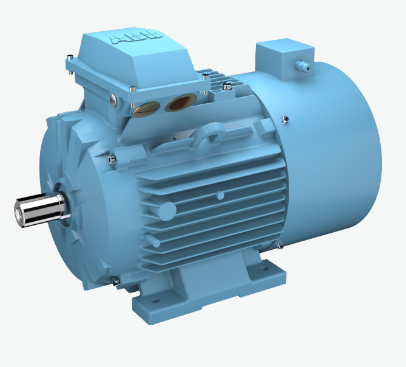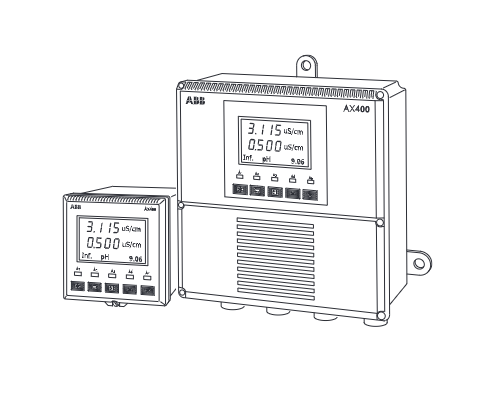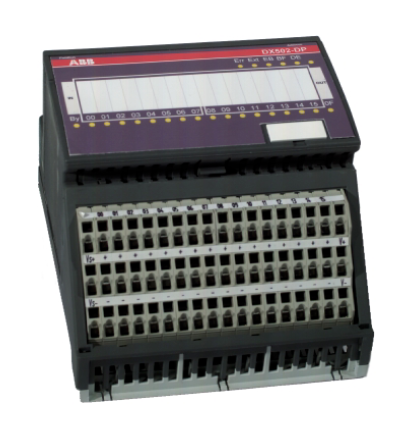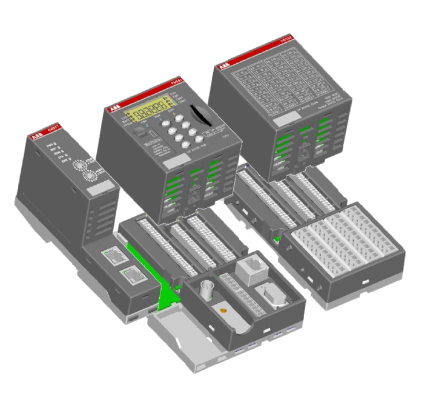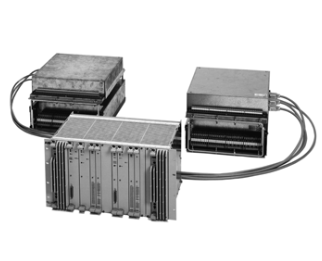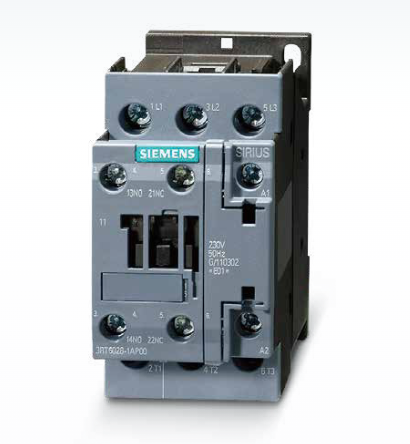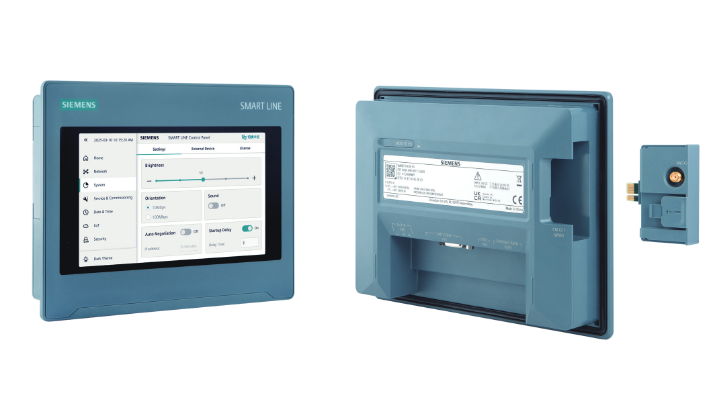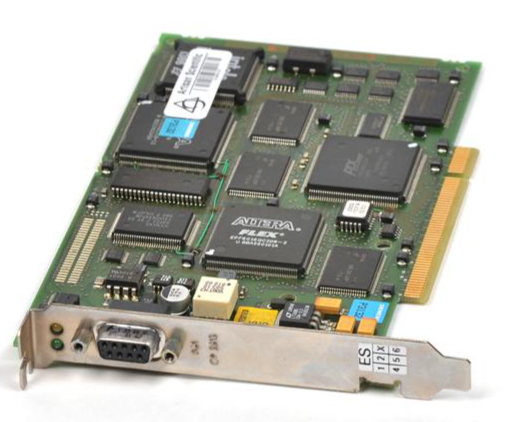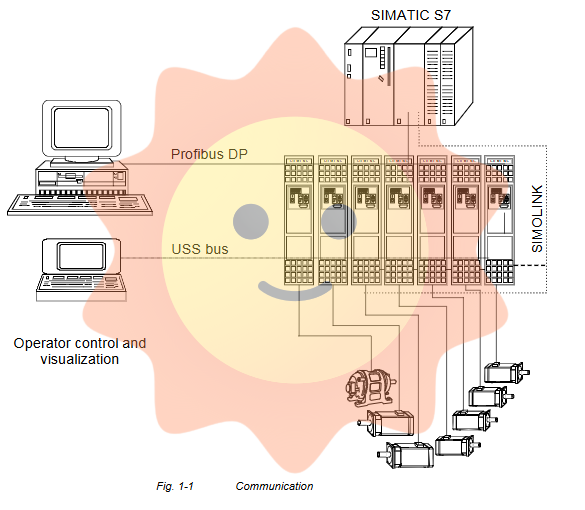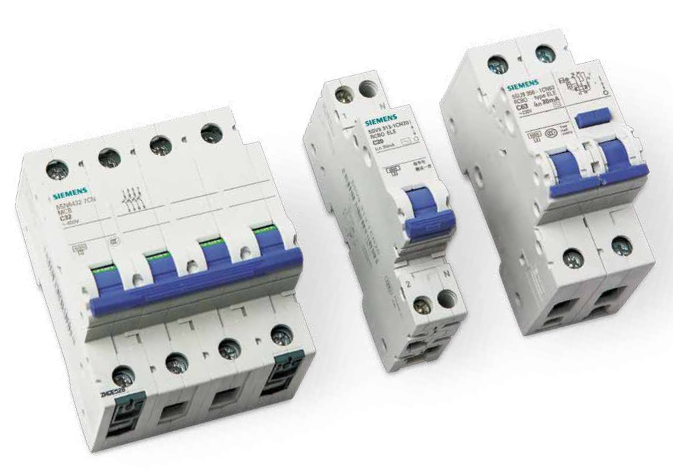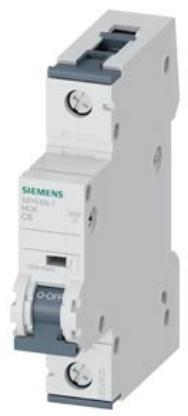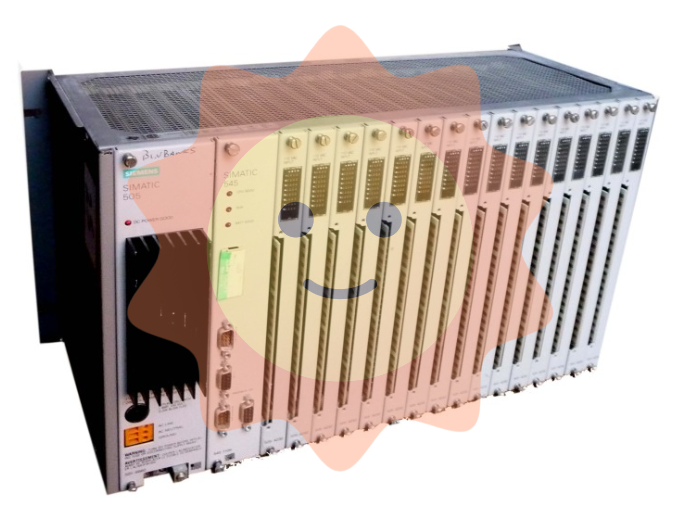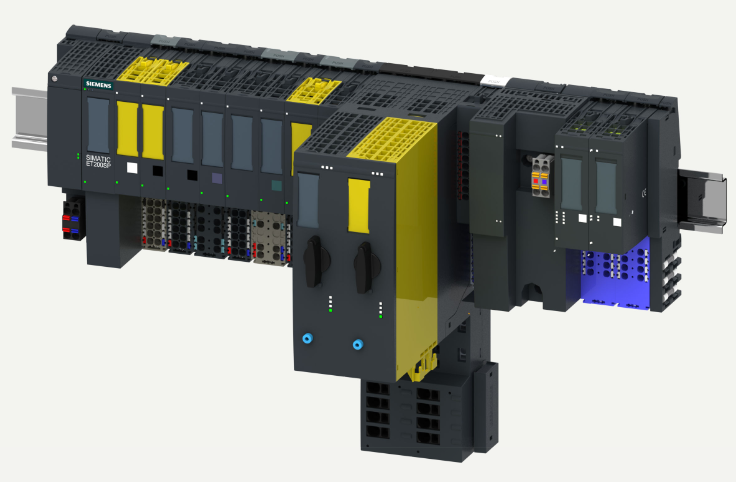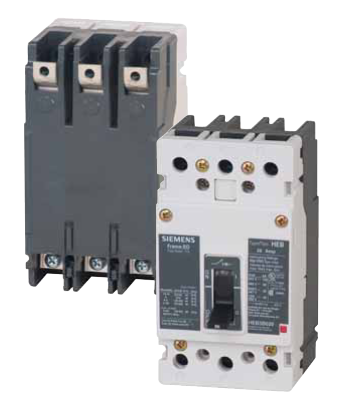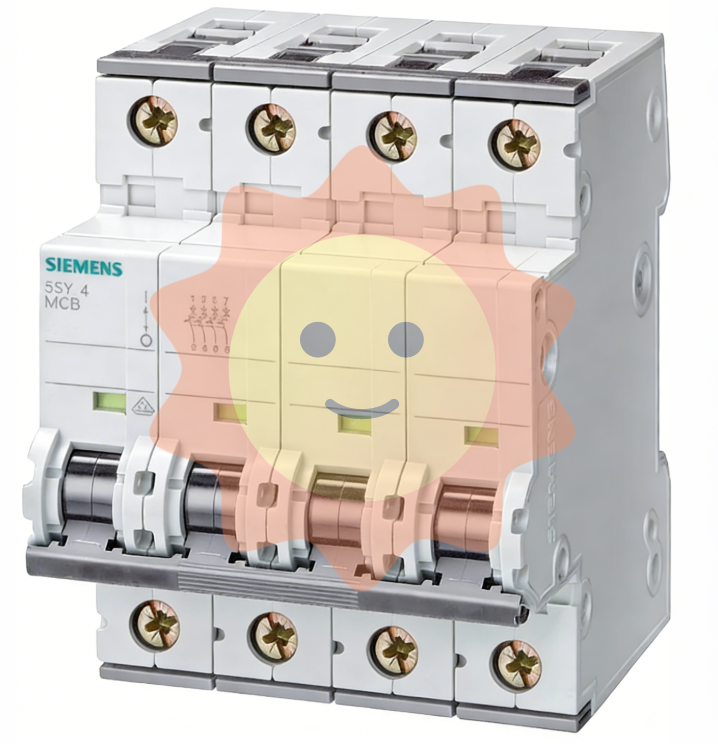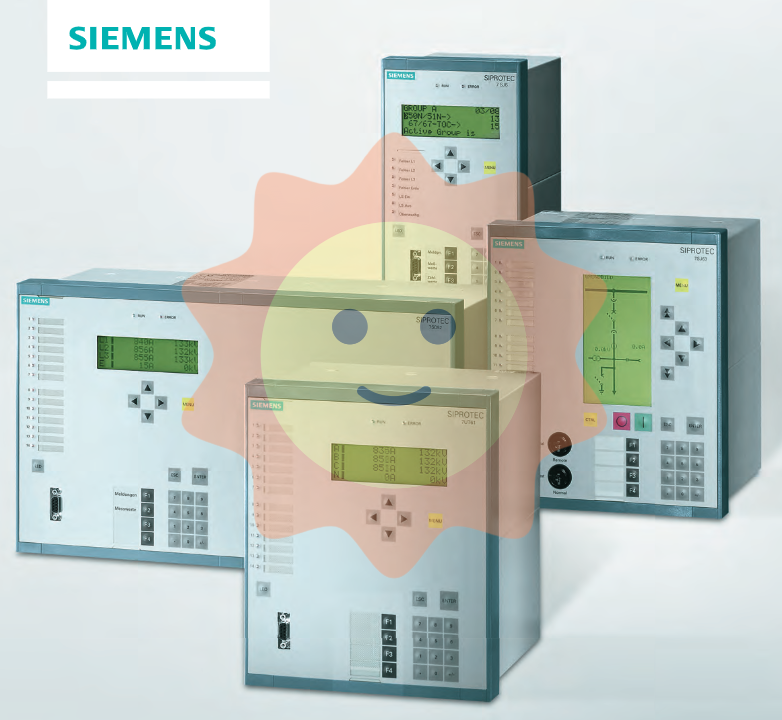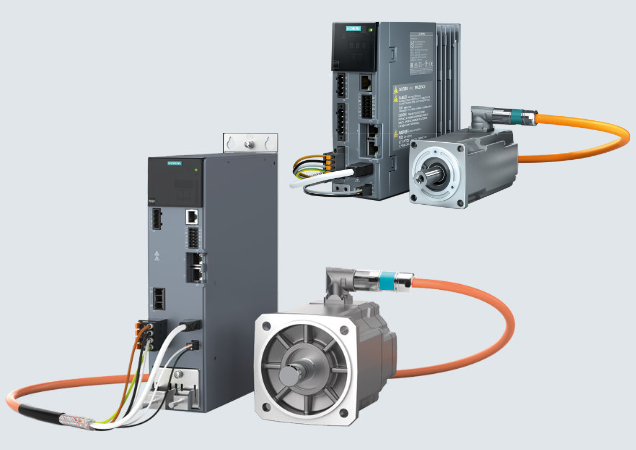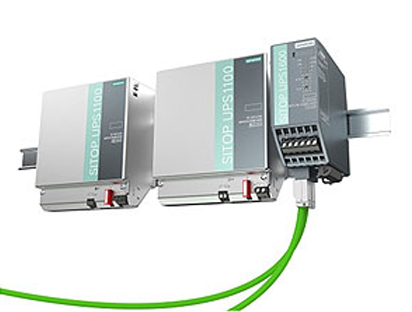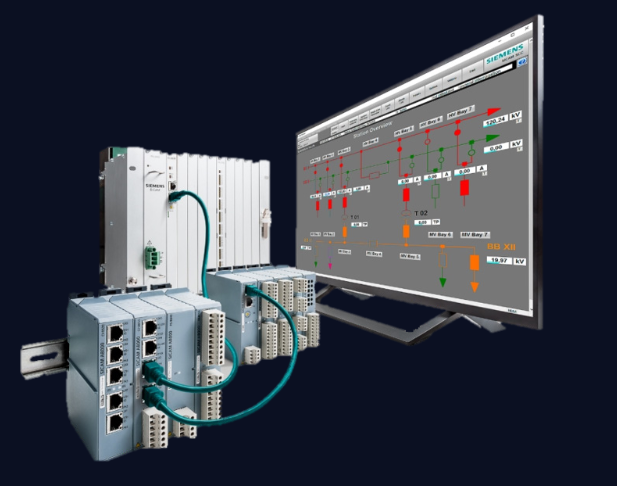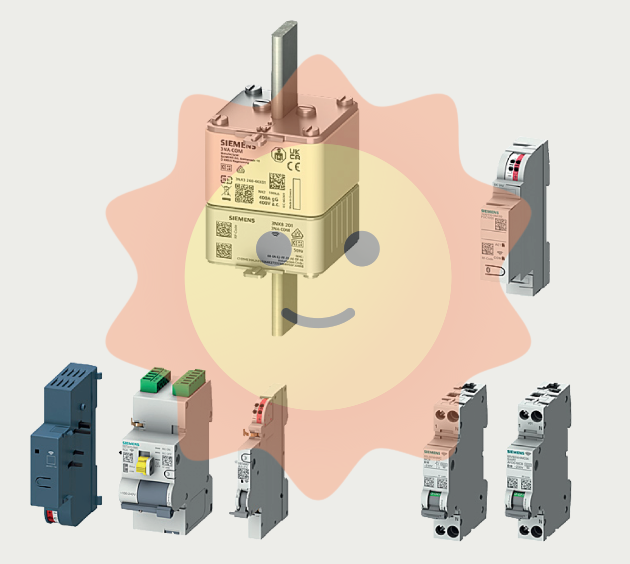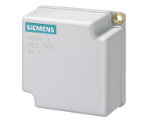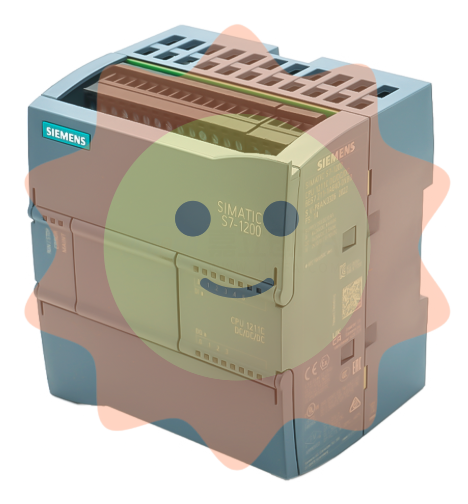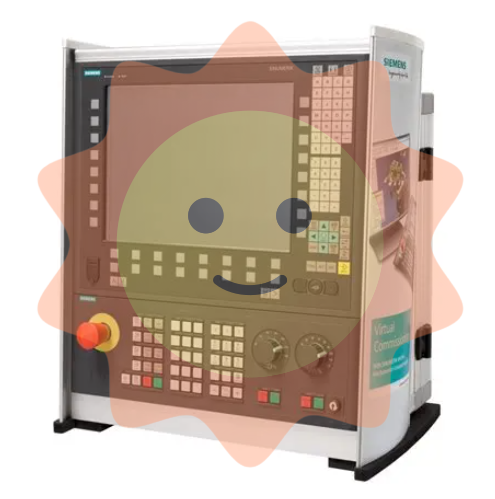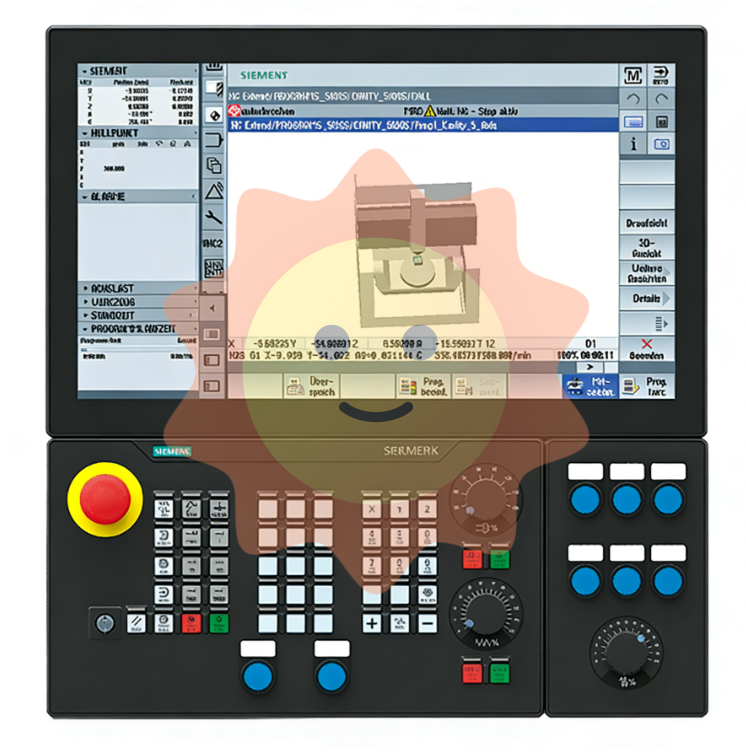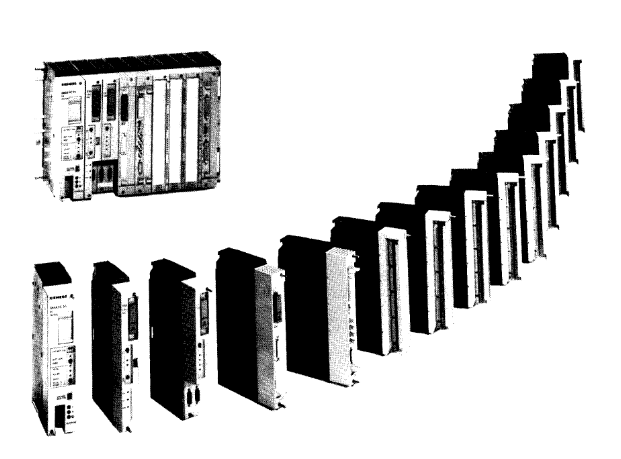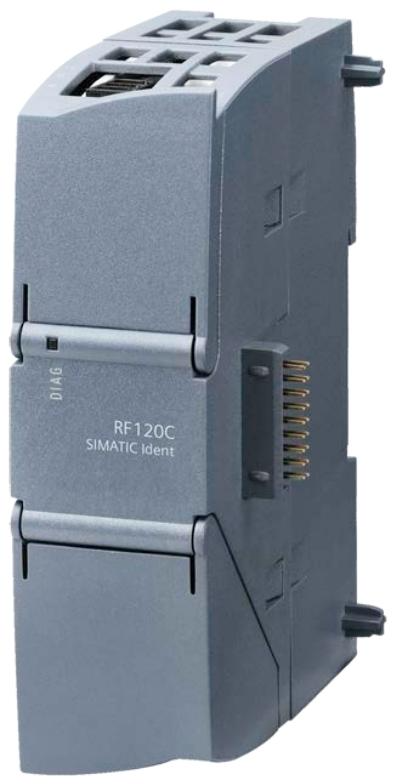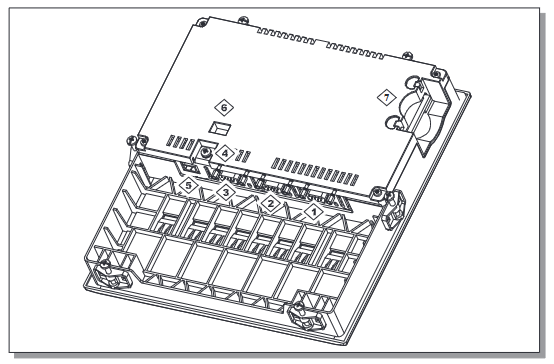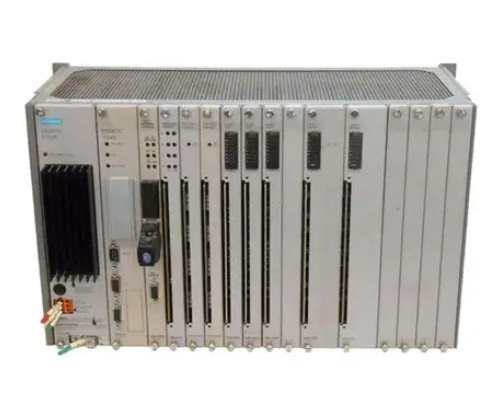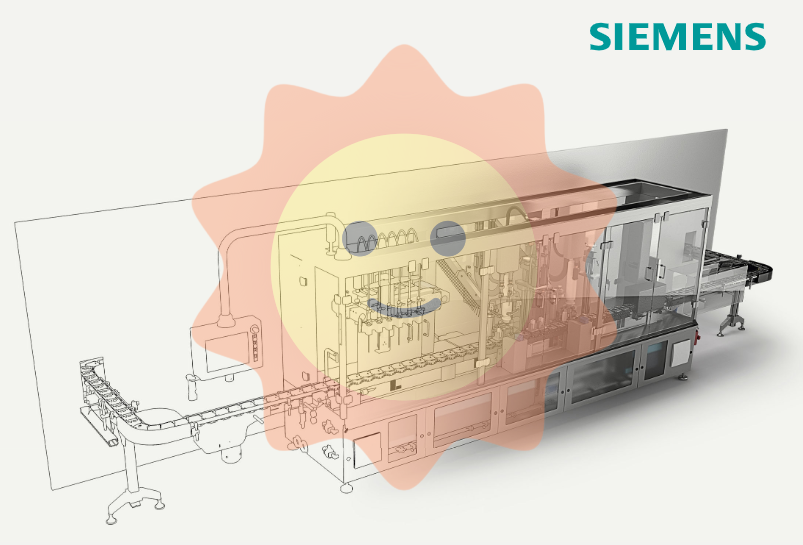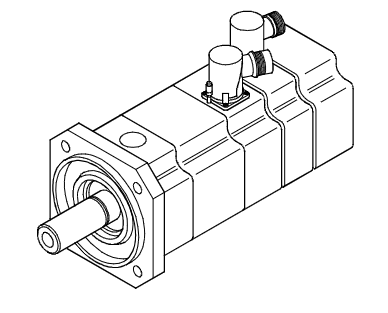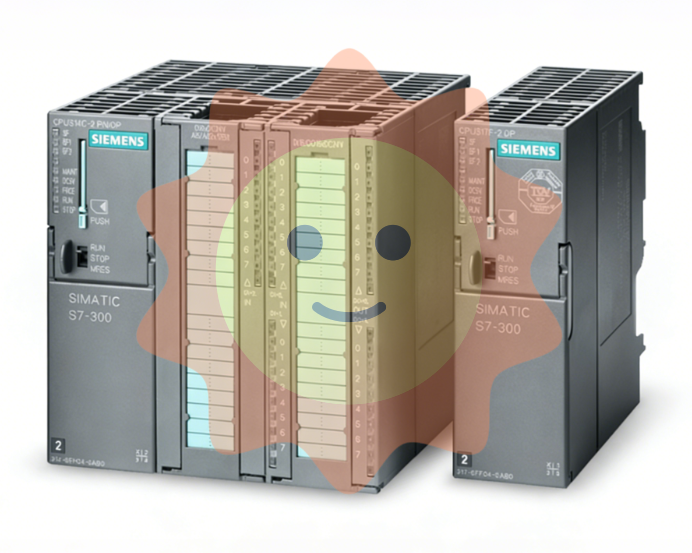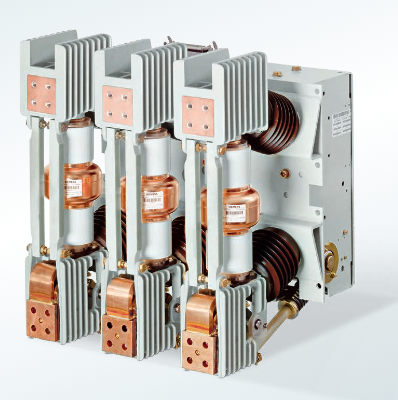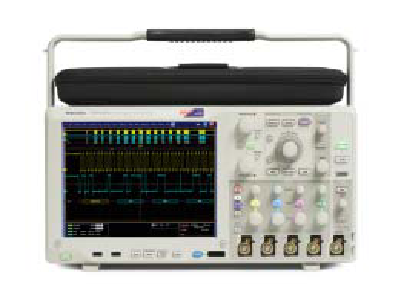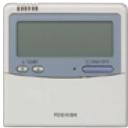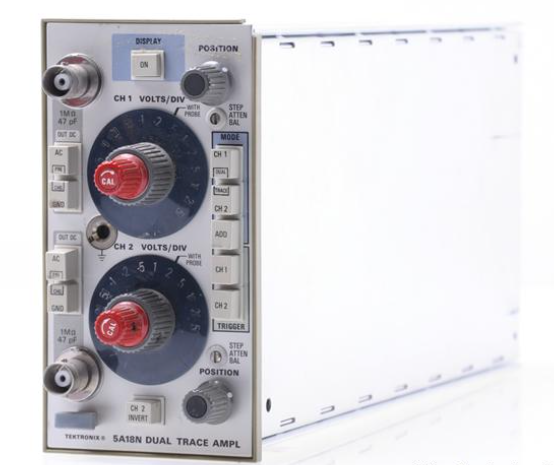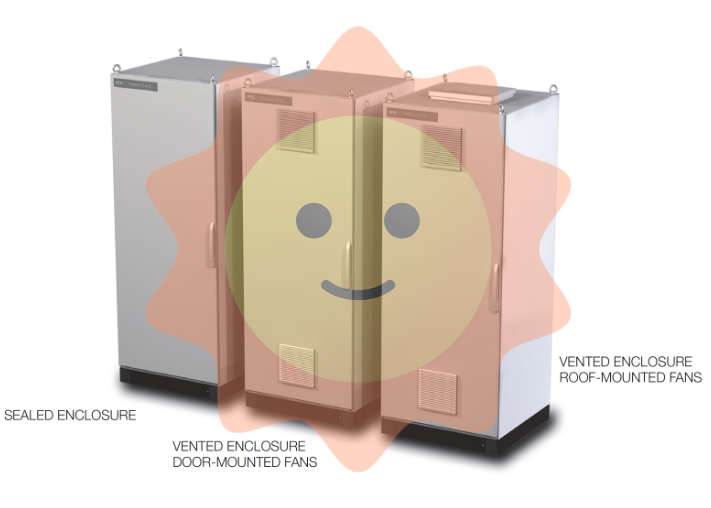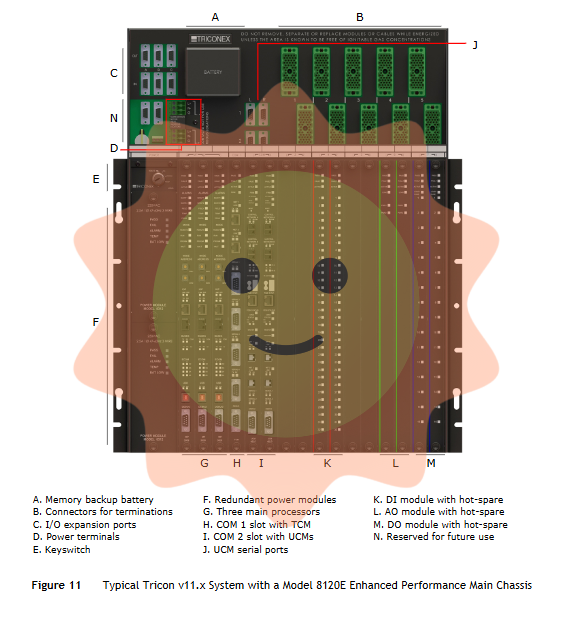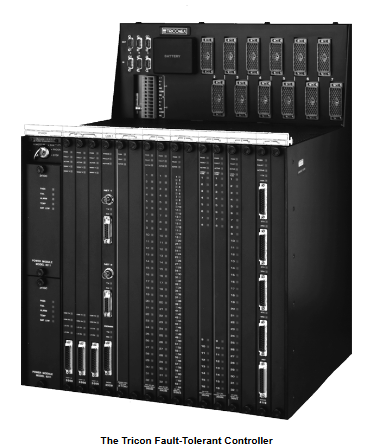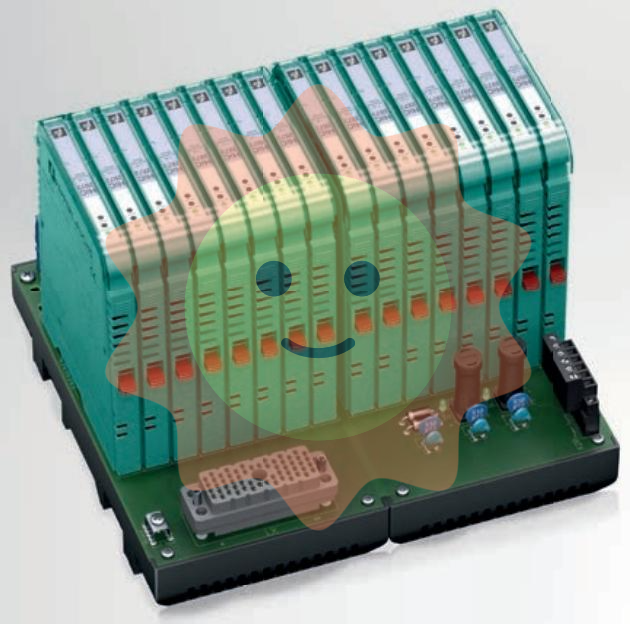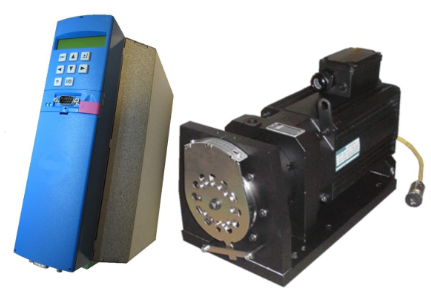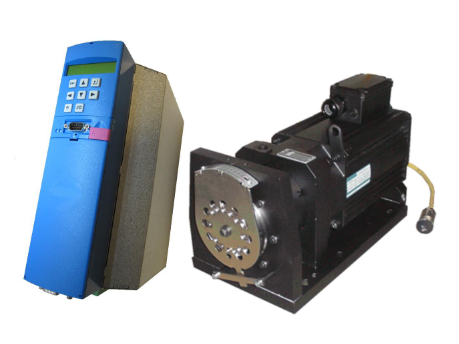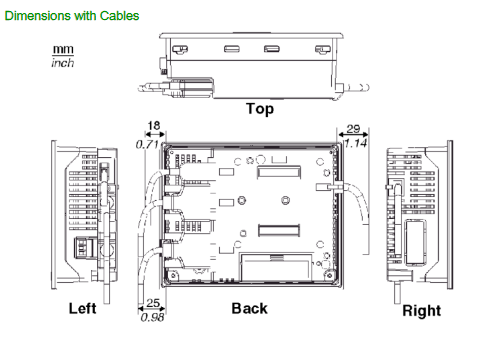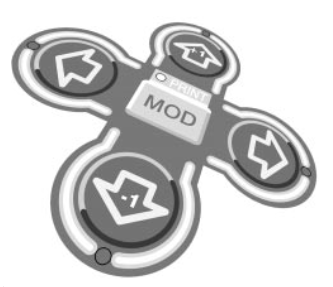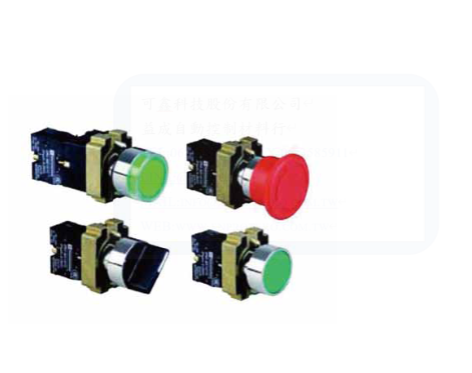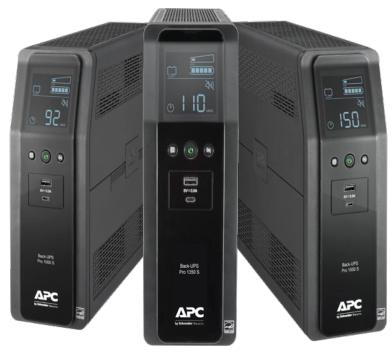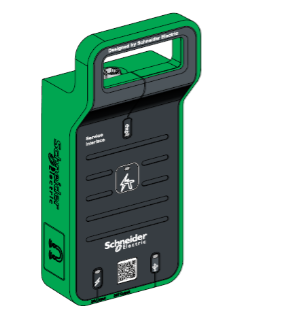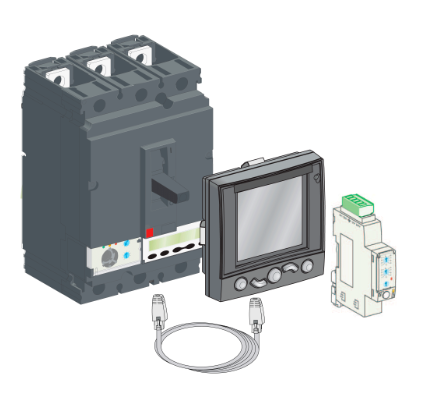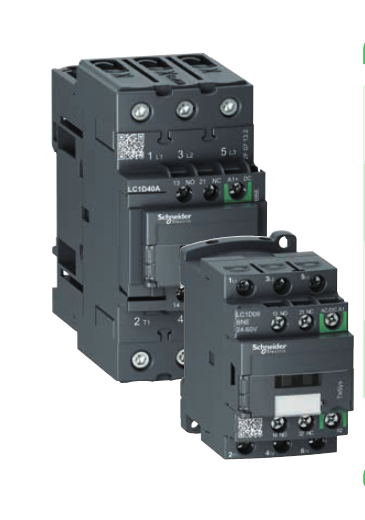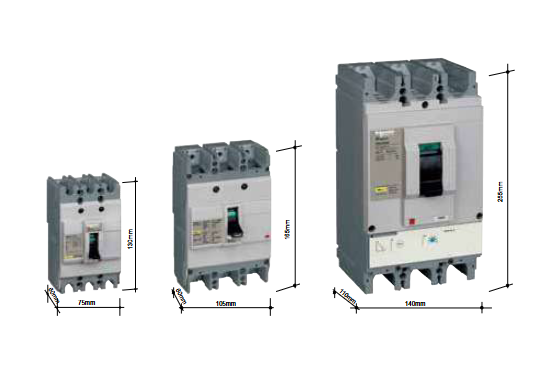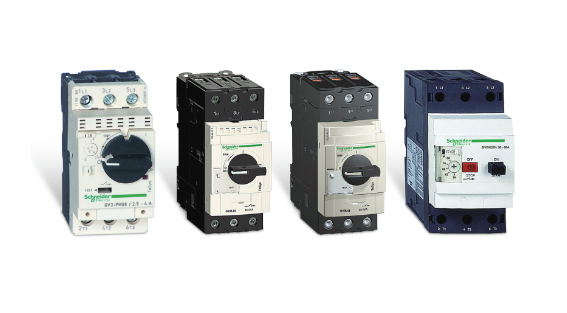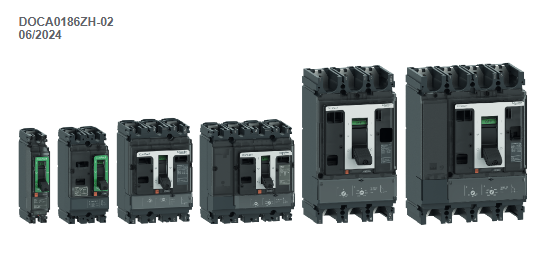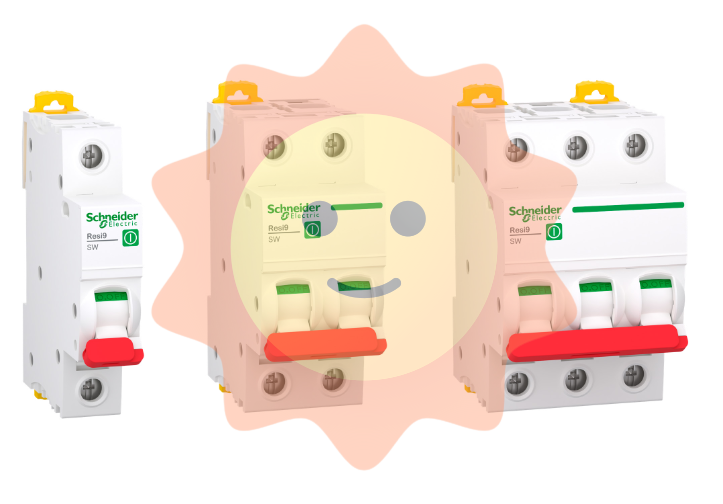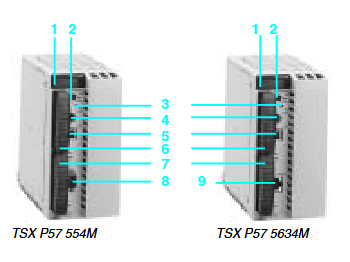ABB TU847 3BSE022462R1 is a high-performance module terminal unit belonging to the TU847 series of ABB S800 I/O systems. Its core positioning is to provide connection support, power distribution, and redundancy guarantee for communication modules in industrial automation control systems. It is a key component for achieving equipment interconnection and reliable control.
ABB TU847 3BSE022462R1 Module Termination Unit
Core positioning and product ownership
ABB TU847 3BSE022462R1 is a high-performance module terminal unit belonging to the TU847 series of ABB S800 I/O systems. Its core positioning is to provide connection support, power distribution, and redundancy guarantee for communication modules in industrial automation control systems. It is a key component for achieving equipment interconnection and reliable control.
Key technical parameters
Basic Information
Model: TU847 3BSE022462R1; Brand: ABB; Type: Module terminal unit (including communication interface function)
Power specifications
Input/output voltage: 24VDC; Power supply adaptation range: 10.5-45V DC
Communication capability
Supports protocols such as PROFIBUS, Modbus, Ethernet, etc
Compatibility
Dedicated adaptation CI840/CI840A on-site communication interface module
Environmental adaptability
Working temperature: -20 ° C to 80 ° C (note: the original range of -200 to 800 ° C was abnormal data and has been corrected); Protection level IP66/67 (NEMA 4X)
Physical characteristics
Shell material: aluminum alloy; Installation method: DIN rail installation or direct installation; Compatible with base width and system standards
3、 Core functions and technological advantages
1. System connection and power supply core
As a terminal unit, its primary function is to provide integrated support for communication modules such as CI840/CI840A: it not only realizes the physical connection and signal transfer of module buses, but also ensures the continuous operation of communication modules through stable 24VDC power distribution. This integrated design simplifies system wiring and reduces interface failure points.
2. Redundant configuration enhances reliability
Supporting dual module redundant deployment is one of its core advantages. In key industrial scenarios such as petrochemicals and power, when the main module fails, redundant modules can seamlessly switch, ensuring uninterrupted signal transmission and control instruction execution, greatly enhancing the system's risk resistance capability.
3. Multi scenario adaptation capability
Protocol compatibility: Through mainstream industrial protocols such as PROFIBUS and Modbus, it can interface with PLC, DCS, on-site sensors, actuators, and other devices to achieve cross brand and cross system data exchange.
Environmental tolerance: The aluminum alloy casing and IP66/67 protection level enable it to adapt to harsh industrial environments such as dust, humidity, and corrosive gases, and operate stably in metallurgical, water treatment, and other scenarios.
4. Convenient design for operation and maintenance
Adopting a modular structure, the modules can be independently disassembled and replaced, coupled with DIN rail quick installation method, greatly reducing the time and cost of system debugging and fault maintenance. Component replacement can be completed without the need for a complete shutdown, improving operational efficiency.
Typical application scenarios
Relying on high reliability and flexible adaptability, this module is widely used in industrial automation systems across multiple industries
Process control field: Production line control in the petroleum, natural gas, and chemical industries, connecting fieldbus and central controller to achieve precise monitoring and control of equipment such as reaction vessels and conveying pumps.
Power system: Equipment status acquisition and command transmission in substations and high-voltage transmission networks, with redundant functions to ensure the continuity of power supply.
Manufacturing scenario: Robot control systems in automotive and electronics factories achieve signal synchronization for multi robot collaborative operations through Ethernet interfaces.
Infrastructure field: Connection of terminal equipment for railway signal systems and airport baggage conveyors, suitable for high-frequency start stop and long-term operation requirements.
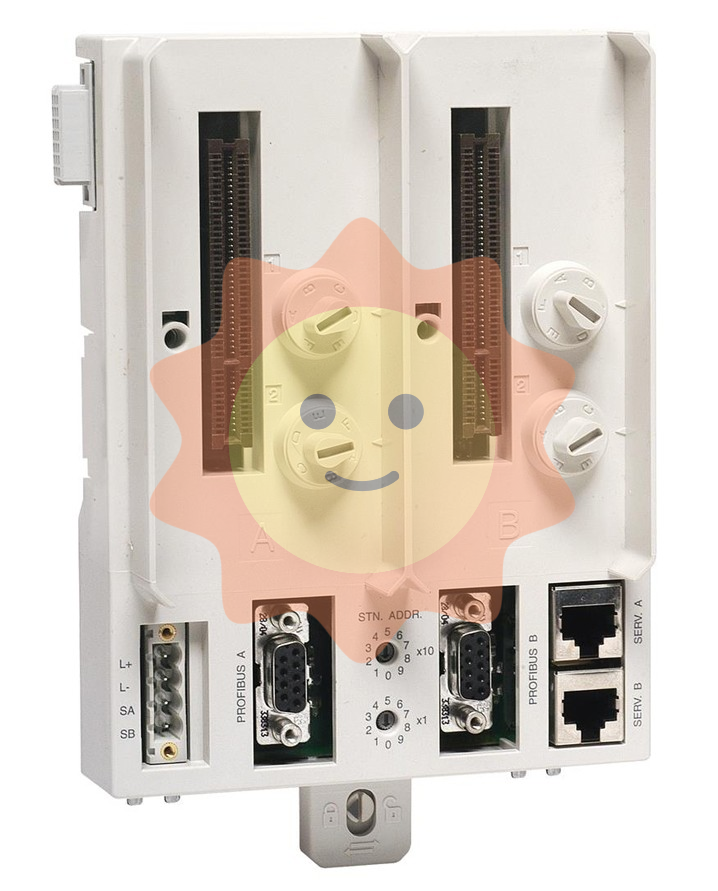
- User name Member Level Quantity Specification Purchase Date
- Satisfaction :
-










